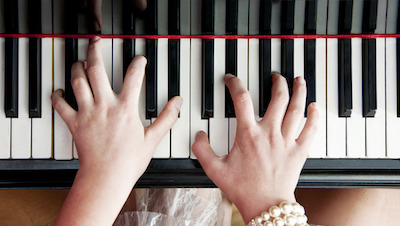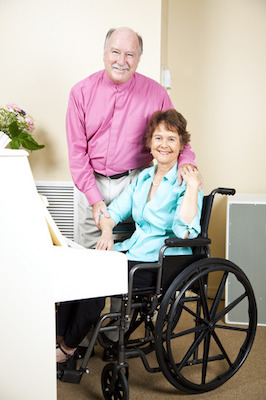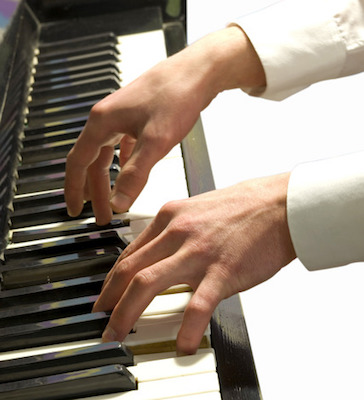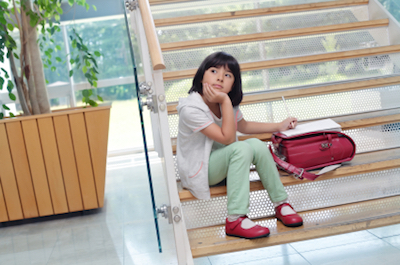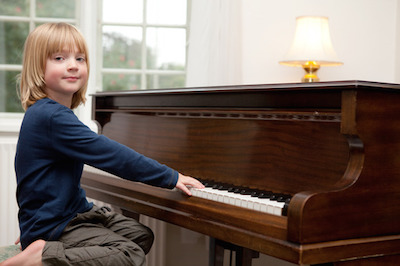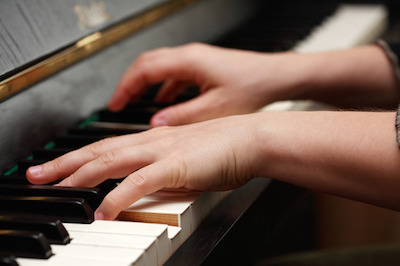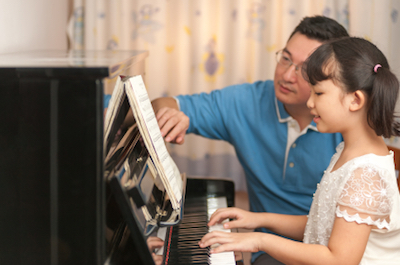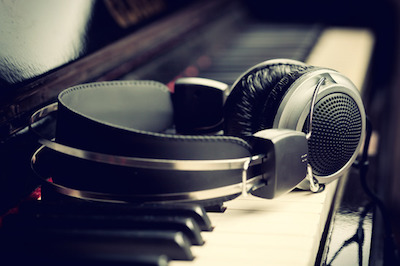Want to keep your brain healthy? Step away from the television. It’s even a good idea to turn the radio down.
Researchers are still discovering all the ways music enriches our brains, but the impact is undeniable. We know now that music plays a big part in helping our brains stay healthy and connected. We’re developing therapies and enrichment classes around music because of the differences it makes in people’s lives. 
It’s not just listening to it; it’s playing it. Taking an active role in making music.
Playing the piano offers something for everybody. You can play whether you’re 5 or 95. It’s a form of enjoyment that lasts for life. Need a reason to bring the piano in your life right now?
Right Brain, Left Brain
Studies now show that when a person is involved in making music, the white matter between the brain’s two hemispheres increases. This means greater communication between the two sides, which can mean faster communication and a greater approach to problem-solving skills.
2.Brain Function
More white matter also makes a person better at making decisions, processing and retaining information as you learn it. It can keep you on course when having to change based on mental demands.
3. Speech Processing
Understanding the parts of music can also help you understand verbal communication on a stronger level. Both music and speech rely on the same neural pathways for processing, which means you may become sharper at language skills including reading.
4. Memory
Making music helps increase your brain function, including the ability to remember. It allows you to store and use information for recall, which can translate to other activities and help improve your retention overall.
5. Focus On Emotions
Tuning an instrument and learning how it works with other instruments can put you more in tune with subtle emotional cues of those around you. It can help fine tune your relationship skills.
6. Increases Motor Skills
Playing an instrument requires stellar hand-eye-ear coordination. It can help musicians at all ages complete complicated tasks throughout life.
7. Slows Brain Aging
Studies are showing that the more music you bring into your life, the more adaptable your brain is to the aging process. Speech improvements are made and stick with you for life. Even those who haven’t studied music for ten years or more still remembered more sensory information, including auditory, visual and tactile data. Studying music helps.
What would learning to play the piano do for your life?
